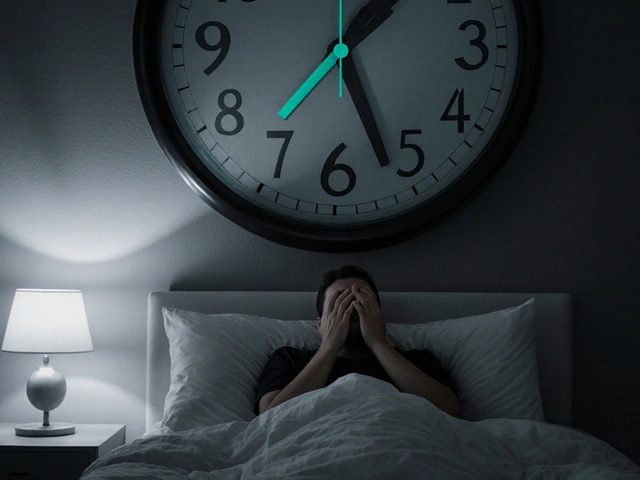Hypothyroidism: What to watch for and what helps
Feeling tired, cold, or gaining weight without changing your routine? Those are classic signs of hypothyroidism — when your thyroid makes too little hormone. This short guide gives clear, practical steps: how doctors check for it, what treatment looks like, and simple daily habits that make a real difference.
Causes & diagnosis
Most cases in adults come from autoimmune thyroiditis (Hashimoto's). Other causes include past thyroid surgery, radioactive iodine treatment, certain medicines, and severe iodine deficiency in some places. Symptoms develop slowly and can be easy to miss: fatigue, dry skin, constipation, heavier periods, depression, and feeling unusually sensitive to cold.
Diagnosis is straightforward: a blood test for TSH (thyroid-stimulating hormone) and free T4. High TSH with low free T4 usually means underactive thyroid. Sometimes TSH is mildly high while free T4 is normal — that’s called subclinical hypothyroidism and may or may not need treatment depending on symptoms and risks. If you’re pregnant, trying to conceive, or have heart disease, doctors act faster on small test changes.
Treatment, meds and daily tips
Standard treatment is levothyroxine, a daily pill that replaces the missing hormone. Most people start on a calculated dose and then adjust based on repeat TSH checks about 6–8 weeks after any dose change. Once dose is stable, yearly checks are common unless symptoms change or you become pregnant.
Take levothyroxine on an empty stomach, 30–60 minutes before breakfast, or at bedtime at least 3–4 hours after your last meal. Iron, calcium, some antacids, and certain supplements can block absorption — keep them 4 hours apart from your thyroid pill. If you use soy milk or very high-fiber meals, mention that to your doctor because food can alter how much medicine your body gets.
Weight changes happen, but levothyroxine alone won’t erase long-term weight gain. Focus on steady habits: protein at meals, regular movement, and good sleep. If you’re struggling with mood or energy despite normal labs, ask your clinician to review your dose and other possible causes like sleep apnea or vitamin deficiencies.
Special situations: pregnancy usually needs a higher dose because hormone needs rise. Older adults or people with heart disease may start on a lower dose to avoid stressing the heart. Severe untreated hypothyroidism can lead to a rare emergency called myxedema coma — very low body temperature, slowed thinking, and breathing problems — which needs immediate hospital care.
Want practical next steps? Get a TSH + free T4 test if symptoms fit, bring a list of your medicines to the visit, and ask how often to repeat tests after starting treatment. Small routine changes — taking your pill consistently, spacing supplements, and tracking symptoms — make the biggest difference in feeling better.

Can Diet Replace Thyroid Medication? Truth, Nutrition & Hormone Therapy 2025
Wondering if changing your diet can really let you toss your thyroid meds? This article digs into what the latest science and endocrine experts say, separating nutrition fiction from facts. You’ll get real tips for supporting your thyroid with food—but also learn why most people living with hypothyroidism still need hormone replacement therapy. There’s talk about specific nutrients, food myths, and when trying an alternative to traditional meds might make sense. This long-read offers practical advice and new findings to help you make better choices for your thyroid health.
Detail




